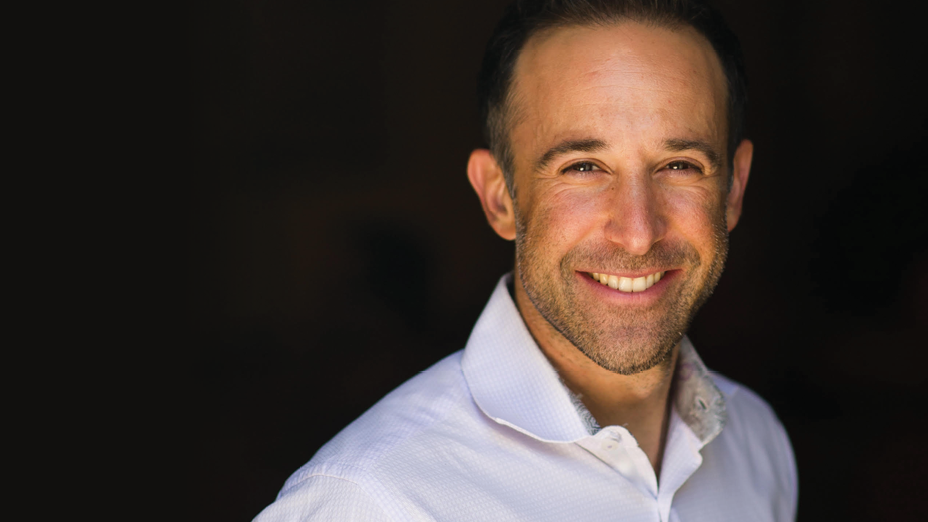Have you ever wondered why so many new graduates want to work for Google, KPMG or Apple? What makes these firms so attractive to potential employees? These companies, along with top employers everywhere, understand the value of a strong employer brand.
An employer brand is the commonly shared image of an organization as a place to work—from the perspective of current and past employees, as well as job candidates, customers, investors and the media. A strong employer brand rests on three pillars: leadership, culture, and opportunity.
" A strong employer brand rests on three pillars: leadership, culture, and opportunity."
It’s important to distinguish between your organization’s commercial brand and its employer brand. The commercial brand focuses on increasing the organization’s positive pro le as a place to do business, from the customer’s point of view. The employer brand focuses on increasing the organization’s positive pro le as a place to work, from the employee’s point of view. It’s not a surprise, however, that many top commercial brands are also considered great places to work.
Employer brands are not new, but they are becoming important as the workplace changes. In a recent global study, ADP found three profound workplace shifts that will make an employer brand a critical element for long term success.
Technology changes everything:
At the same time as technology is automating many tasks and even replacing some workers, it is helping organizations create massively collaborative cultures that help employees build deep personal connections across time and distance. Technology is also driving a shift in how learning takes place. The days of facilitated classroom training and paper workbooks are giving way to on-demand online learning and massive online open courses (MOOCs) that bring the cost of skills development to an all-time low—great news for smaller firms and for training budgets, but a challenge to manage.
Talent is Global:
These technology changes are also allowing companies to find and engage talent almost anywhere in the world. Our research shows that 61% of Canadian workers and 81% of American workers are eager or excited at the prospect of working from anywhere in the world.1 The majority also embrace the idea of companies searching globally for the best talent. We expect to see global centres of excellence emerging as companies move to regionalize top talent and create a proprietary resource for the rest of the organization to leverage.
Structures are Eroding:
As technology enables a global workforce, the nature of work and our relationship with it is also changing. Workers are increasingly interested in finding work that has personal meaning and broad impact. The carrot of a promotion is giving way to creating opportunities to move from project to project, picking up new skills and relationships along the way. As work becomes more project-based, traditional hierarchies will flatten, creating both great opportunities to collaborate along with management challenges as self-managed employees pivot from activity to activity.
In this new world of work, a strong employer brand will be key to successfully competing for scarce talent and hanging on to the key people required to lead and grow the business. Already 64% of Canadian companies report they are having challenges filling key roles.2
Culture will be key in the new world of work, and is foundational for executing well. As Zappos CEO, Tony Hsieh explains “At Zappos, our belief is that if you get the culture right, most of the other stuff—like great customer service, or building a great long-term brand, or passionate employees and customers—will happen naturally on its own.”
Leaders should be prepared to build cultures that transcend location and create a sense of meaning and purpose for employees, contractors and even vendors. It will not be enough anymore to have ping pong tables and unlimited vacation; leaders will need to de ne a higher purpose and communicate relentlessly to keep workers engaged.
Opportunity, which was once defined as a career path with a clear goal and defined steps to achieve it is increasingly viewed less as a destination and more as an experience. Research shows that many Millennials aspire less to prestigious titles and big salaries and more to skills development and work-life integration.3
While our study showed that job security is still important to the majority of workers,1 highly mobile, highly connected talent will need to be managed thoughtfully and flexibly if it’s going to stick around for the long term.
The final element in a great employer brand is leadership, and this is perhaps the part of the modern organization that will change most profoundly in the next few years. As self- managed teams collaborate in virtual spaces to solve problems and complete projects, traditional span-of-control management will begin to fade away. Performance reviews will be replaced with real-time feedback and recognition will take the form of access to better experiences and skills development. In other words, managers will shift from being parade leaders to dog sled drivers.
"Culture will be key in the new world of work"
Studies show that only 29% of North American workers report being highly engaged4; yet engagement will be key to finding and keeping the right people. A strong employer brand is a critical element to building and sustaining an engaged team.
There are other benefits of a strong employer brand as well. According to LinkedIn, good employer branding can reduce a company’s cost per hire by up to 50 per cent5 and increase the quality of its talent pool by up to 54 per cent.6 Successful employer branding can also reduce employee turnover by up to 19 per cent7.
A strong employer brand also supports the bottom line by turning employees into brand ambassadors. When they’re proud of what they do and where they work, they can help attract more talent and more customers to your organization
In the coming contest for talent a strong employer brand will be a competitive advantage. The nature of work is changing and leaders need to be thinking about culture, opportunity and how they will find and nurture the next generation of talent.





.png)
.jpg)


What Did You Think?